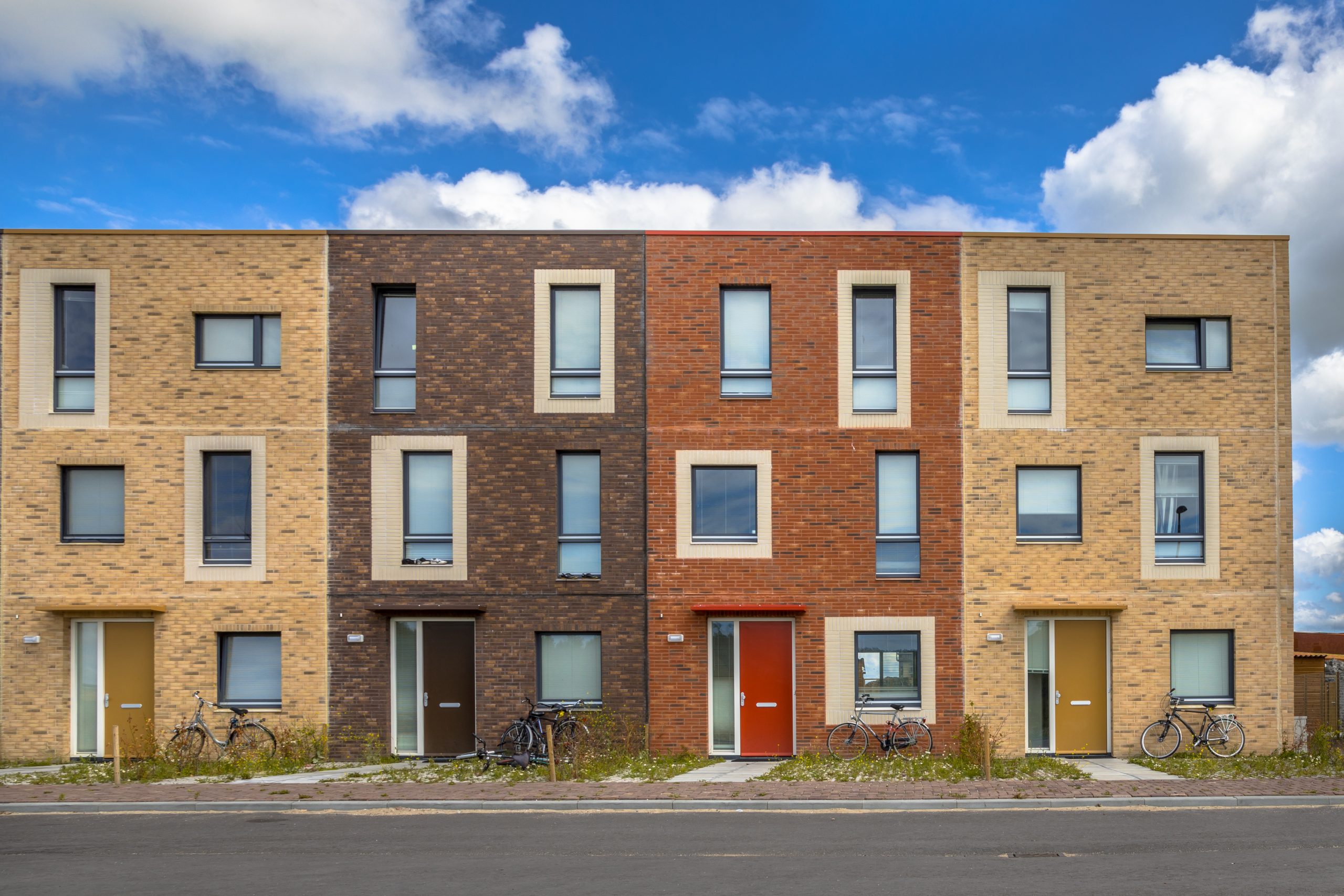
On 25th of March Jack Simpson wrote in inside housing about the underperforming landlords to be ‘named and shamed’ by government as part of Social Housing Bill reforms.
Inside Housing has learned from sources close to the government that under new guidelines scheduled to be revealed on Tuesday, the government will publicly name landlords who do not meet consumer requirements, in an effort to raise quality in the industry.
It will also be disclosed plans for a new national residents’ panel made up of more than 200 social housing tenants.
The amendments will be part of a series of new draught clauses that will create the Social Housing Regulation Bill, which would enact the reforms.
Following the catastrophe at Grenfell Tower, the publishing of the draught sections will be the latest step in introducing significant reforms to the social housing sector.
After the release of a Social Housing Green Paper in August 2018, the industry had to wait more than two years for the release of a Social Housing White Paper in 2020.
A suggestion to increase the function of the Regulator of Social Housing, creating a new arm geared at monitoring consumer standards, was one of the reforms proposed in the white paper.
For the first time since the Tenant Services Authority was abolished in 2010, the regulator will assess the quality of landlords’ dwellings, maintenance, complaint management, and tenant engagement for the first time.
A social landlord with more than 1,000 homes will be subject to inspections every four years as part of the regulator’s new action to ensure compliance with the new criteria.
The Green Paper on Social Housing recommended the creation of sector league tables that would rate providers. However, it appears that the focus will now be on the poorest suppliers, whose names will be made public.
It comes after the Housing Ombudsman, a watchdog that oversees social housing complaints and repairs, began proactively naming the landlords who are failing to address people’ problems, including wet and mould.
The administration will also lay out plans for a new residents’ panel, which would meet with government officials on a regular basis and provide input for sector reforms.
In addition to meeting regularly, the panel will advise the government about how the sector should function. About 200 tenants are expected to make up the group.
The Grenfell Tower tragedy and the resulting inquiry into the fire have led to calls for a national tenant body. The inquiry has revealed that Kensington and Chelsea Tenant Management Organisation ignored fire safety concerns raised by tower residents.
Already, the government has been censured for sidelining plans for a national inhabitant voice two a long time after Grenfell, when the A Voice for Inhabitants controlling bunch had to be disbanded after it fizzled to urge bolster from the government. Other changes anticipated within the Social Lodging Direction Charge incorporate the scrapping of the ‘serious burden test’, which currently sets a really tall bar for the controller to induce included in issues of lodging quality.
The white paper moreover proposed guaranteeing that each proprietor features a individual dependable for wellbeing and security, as well as customer measures; a modern conspire to create it less demanding for inhabitants to get to data approximately their domestic and supplier; and a necessity that proprietors report on inhabitant fulfillment measures each year. The steps towards change will be invited by numerous occupant bunches as well as the dispossessed and survivors of the Grenfell fire, who see social lodging change as a key step in anticipating a rehash of their involvement.
erior Lodging detailed in January that the Social Lodging Control Charge would be made open in March. A Division for Leveling Up, Lodging and Communities representative said: “No one ought to have to be live in a sub-standard domestic. Our need is to make a more pleasant social leased division for everyone. “We will present new legislation to move forward the quality and direction of social lodging, provide inhabitants additional data to assist hold their proprietor to account and guarantee that when inhabitants make a complaint, proprietors take speedy and viable activity to put things right.”
